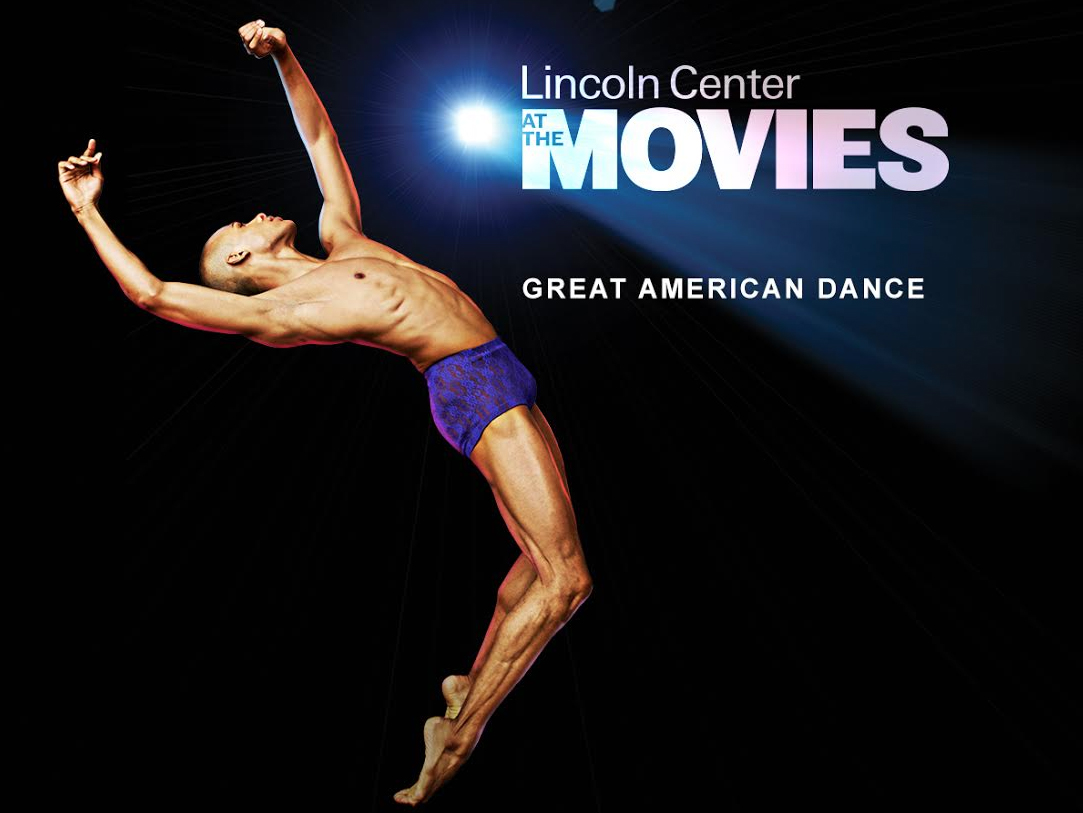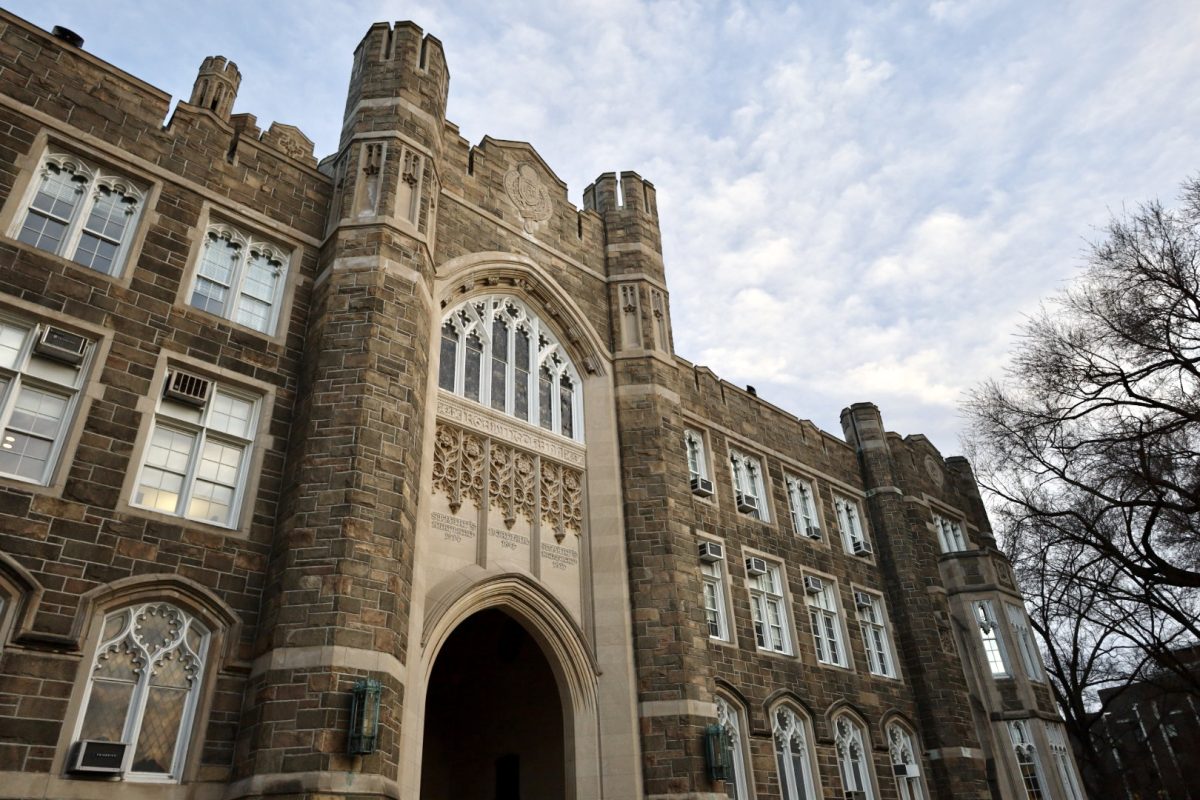By Annemarie Marconi

On Tuesday, Oct. 6, Lincoln Center’s Alvin Ailey arrived on the big screen in a special screening for friends and family of Alvin Ailey. The movie, Lincoln Center at the Movies: Alvin Ailey American Dance Theater, brings the beauty, wonder and intrigue of attending a dance performance to the comforts of a movie theatre. Viewers can munch on popcorn in casual attire while watching some of the world’s most talented athletes and artists perform in high definition. The Alvin Ailey theatre company proves to be ever innovative in this newest development.
Dancer Jacqueline Green offered her input about Ailey coming to the silver screen. “It’s weird to watch yourself dance like that,” Green said. “I try to watch the group as a whole.” Green graduated from Fordham College Lincoln Center in 2011. Performing with Ailey had been a dream of hers for a while. She described dancing with the company as an opportunity to be a “cultural ambassador” not only to America, but also to the world.
Such a response would make Alvin Ailey proud. He founded the company so that African American performers and dancers could share their culture through their art. He started the company in a Manhattan Y in 1958, and it has grown to travel to 48 states, 71 countries and six continents. He relied on his experiences as an African American in Texas as well as various spirituals and gospel hymns as inspiration for his dances, most clearly seen in the final act of the movie, the dance sequence “Revelations.”
Unsurprisingly, Green admitted that “Revelations” was her favorite, both to perform and watch. With its gorgeous costumes, emotionally driven performance from the dancers and mesmerizingly sung spirituals, “Revelations” is the kind of breathtaking art people hope to see from professional dance theatre.
There are three other dance segments to the film: “Chroma,” “Grace” and “Takademe.” “Chroma” and “Grace” were similar in that they were long group performances. However, the tones of the pieces were dramatically different. “Chroma” was more somber than “Grace,” and featured soft, languid movements of the dancers. Each dancer wore a simple and muted purple outfit and danced to slow, sensual music. “Grace” was lively and energetic — the dancers’ passion made the audience in the theatre clap and cheer along as if they were actually present at the performance.
“Takademe” was the most experimental of the segments, even though it was the shortest. It was a solo, only about two minutes long, but it was dense with material. The dancer performed quick and fluid motions to the sound of a whispering voice in the background saying seemingly random syllables. The dancer moved his face with as much intensity as he moved his body, and at one point in the dance he mouthed the words of the audio. There was comedy as well as emotion packed into the frantic solo. Robert Battle, the current director of the dance company, said in the movie that he choreographed the piece in a friend’s living room.
Battle was personally selected to take over the company in 2011. Lincoln Center at the Movies: Alvin Ailey American Dance Theater contains a combination of choreography from Ailey and Battle. The old and the new fit seamlessly together in the movie. Check out the film yourself during a special one night only opportunity on Oct. 22 at 7 p.m. Experience the power of Alvin Ailey dancers at their finest, all in the comfort and affordability of a standard movie theatre.






































































































































































































